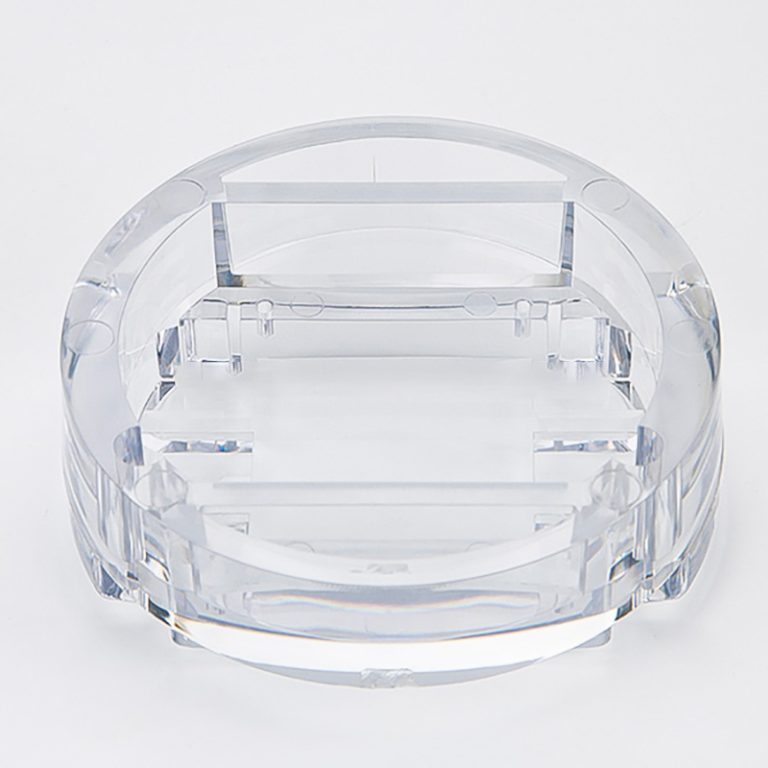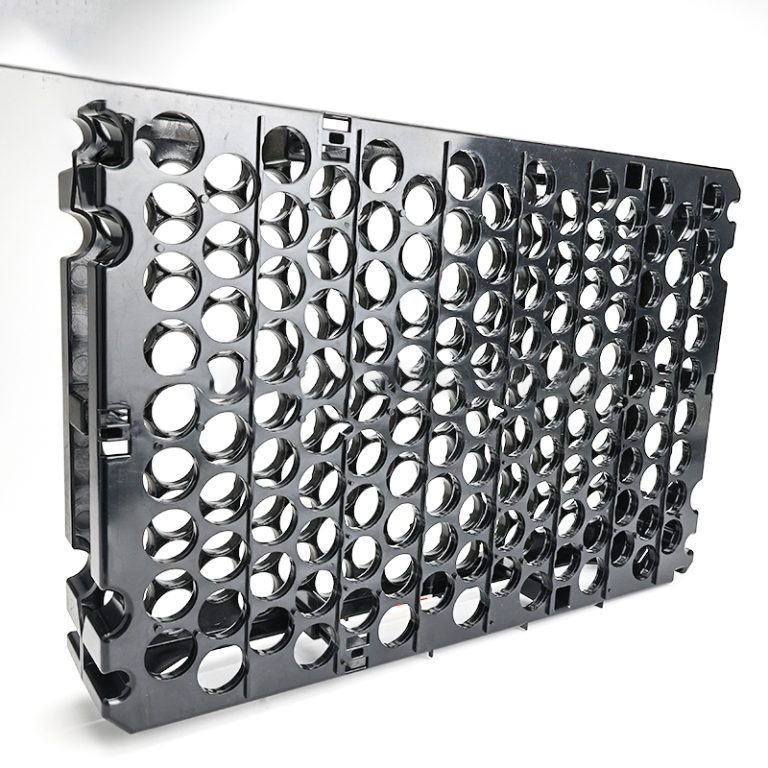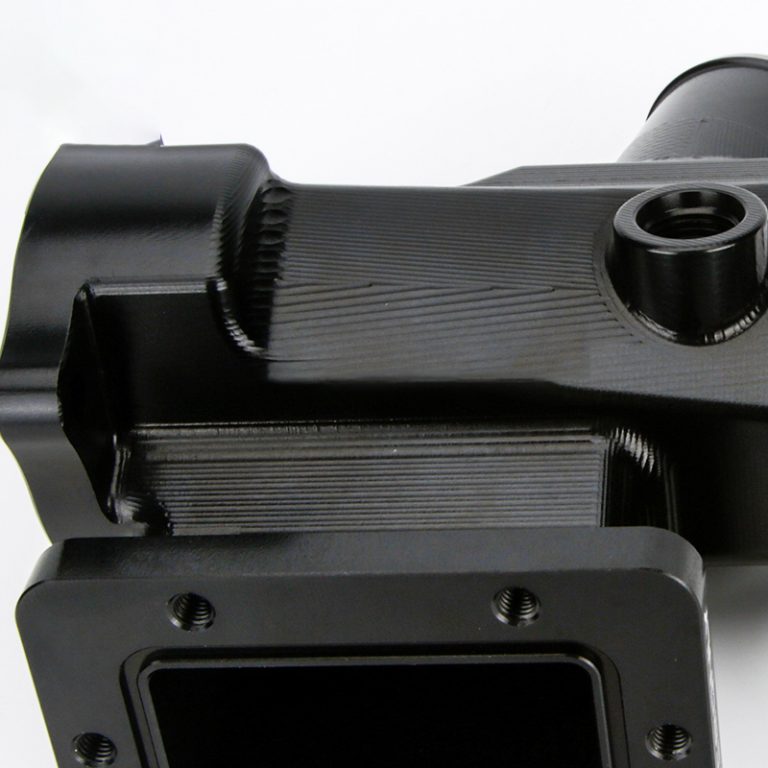It seems like you’re interested in structural foam insulation and its applications in both automotive and general structural contexts. Here’s a breakdown of how structural foam insulation is utilized in these areas:
Structural Foam Insulation:
1.Definition and Purpose:
2.Structural foam insulation refers to a type of insulation material that also provides structural support. It typically consists of a closed-cell foam structure that helps in reducing heat transfer and provides mechanical strength.
3.Properties and Benefits:
4.Insulation: It effectively insulates against heat and cold, helping to maintain consistent interior temperatures.
5.Strength: Provides structural integrity and support, enhancing the durability of components.
6.Lightweight: Compared to solid materials, structural foam is lightweight, which can contribute to overall weight reduction in applications like automotive manufacturing.
7.Noise Reduction: Helps dampen noise and vibrations, improving acoustic comfort inside vehicles or buildings.
8.Cost-Effectiveness: Can be more cost-effective than traditional materials like solid plastics or metals.
Automotive Applications:
In the automotive industry, structural foam insulation finds numerous applications due to its combination of insulation and structural properties:
9.Interior Components:
10.Dashboards: Structural foam can be used to form the structural framework of dashboards while providing insulation against heat.
11.Door Panels: Used inside door panels to reduce noise and enhance structural integrity.
12.Roof Liners: Insulates the roof while also providing structural support for mounting accessories like overhead lights or handles.
13.Flooring: Provides insulation and structural support under carpeting or flooring materials.
14.Exterior Applications:
15.Bumper Cores: Structural foam can be used inside bumpers to absorb impact energy while providing thermal insulation.
16.Body Panels: In some advanced applications, structural foam may be integrated into body panels to reduce weight while maintaining strength and insulation properties.
Conclusion:
Structural foam insulation plays a crucial role in both automotive and general structural applications by combining insulation with structural support. Its versatility and performance benefits make it a preferred choice for manufacturers aiming to enhance vehicle comfort, reduce weight, and improve overall efficiency. If you have more specific questions or need further information, feel free to ask!






